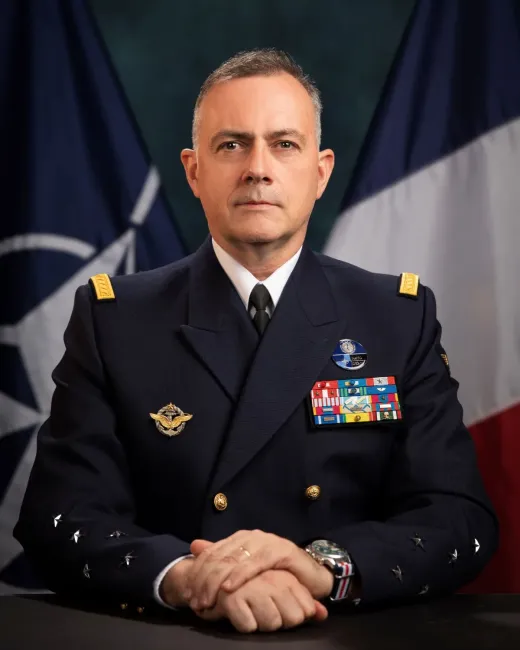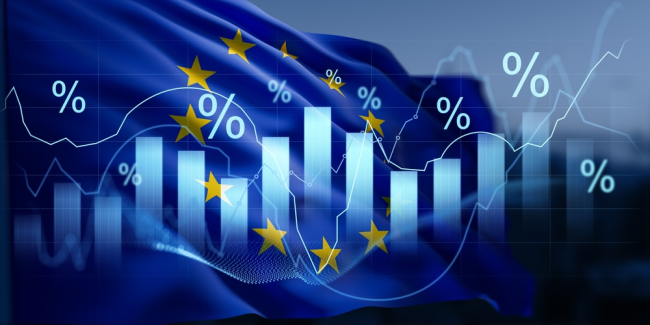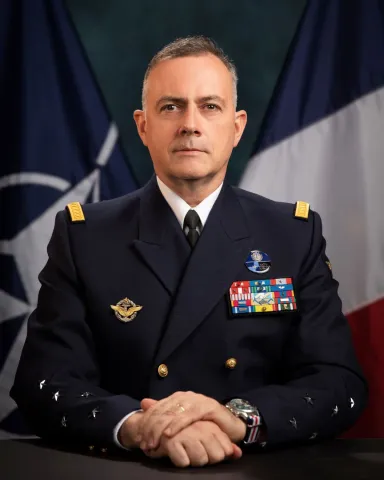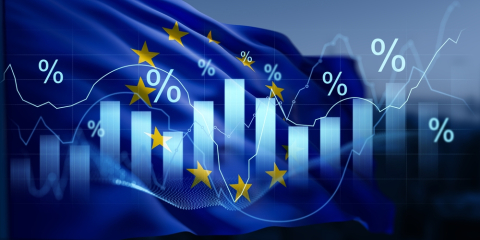
Informations pratiques
Thématiques et régions
Centres et programmes liés
Ceci est un événement réservé.
En savoir plus sur nos programmes de soutienDans le cadre de l'Ifri Energy Breakfast Roundtable, un séminaire avec Matthias Dürr, directeur du bureau de Bruxelles, RWE AG, Maïté Jauréguy-Naudin, directrice du Centre Energie, Ifri, Luc Van Nuffel, directeur des Affaires réglementaires, Département Stratégie & Développement durable, Electrabel GDF SUEZ.
Présidence : Wiliam C. Ramsay, conseiller du Centre Energie, Iffri, et Jacques Lesourne, président du Comité scientifique du Centre Energie, Ifri
In the aftermath of Fukushima, Germany decided to phase out nuclear power plants. The last reactor will stop functioning in 2022. Following the German decision, which would give credibility to such a scenario, several countries are questioning their energy mixes and the role of nuclear. However, the path to a nuclear-free future is not easy in Germany and elsewhere. Some lessons can already be drawn from the initial shutting of seven German nuclear power plants, especially in a context where the expected increase in RES is threatening the competitiveness of gas-fired power plants and delays necessary investments, and where the financial burden on final consumers and on budget finances make the investment framework blurry. Will the needed high tension lines be built in time to transport electricity from North Germany to the South? How are the neighboring countries coping with the change of electricity flows? Is there still a European energy policy? How can its main inconsistencies be remedied? The speakers will attempt to answer some of these questions. Their presentations will be followed by a Q&A session.
Sujets liés
Autres événements

Sécurité collective et pivot américain : les enjeux de burden-shifting/burden-sharing en Europe
L’Ifri accueille l’amiral Pierre Vandier, Commandant suprême allié pour la transformation de l'OTAN, le 15 janvier 2026 à 9h30, à l’occasion d’un BBS consacré aux enjeux du burden-sharing.

André Beaufre, un stratège pour notre temps
Relire Beaufre aujourd’hui !
Le célèbre auteur d'Introduction à la Stratégie (1963), le général André Beaufre (1902-1975) n’a pas dit son dernier mot. Ses concepts-clefs demeurent pertinents.

L’économie européenne et ses entreprises face au risque géopolitique : approches croisées
Les tensions géopolitiques deviennent une contrainte et une source de risque majeure pour l’économie européenne et ses acteurs privés comme publics.










